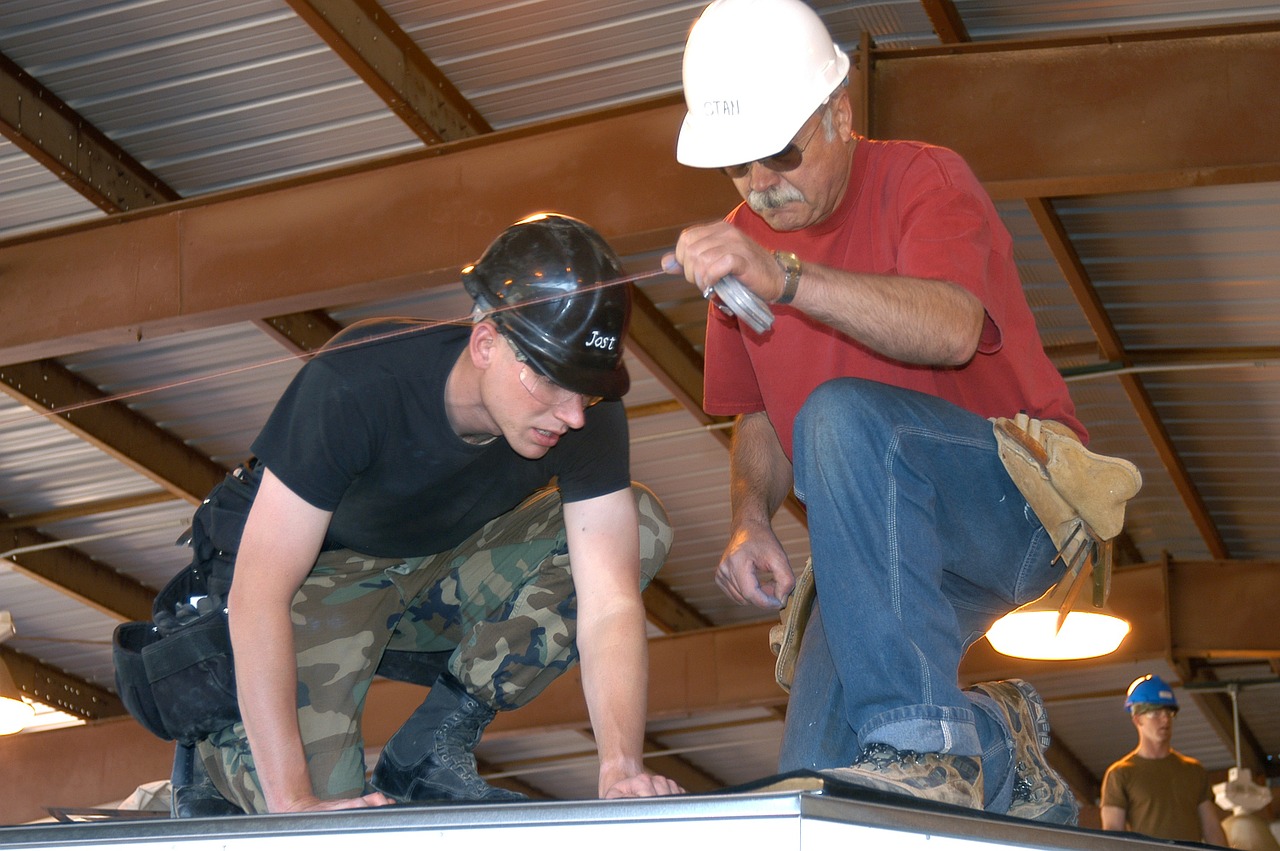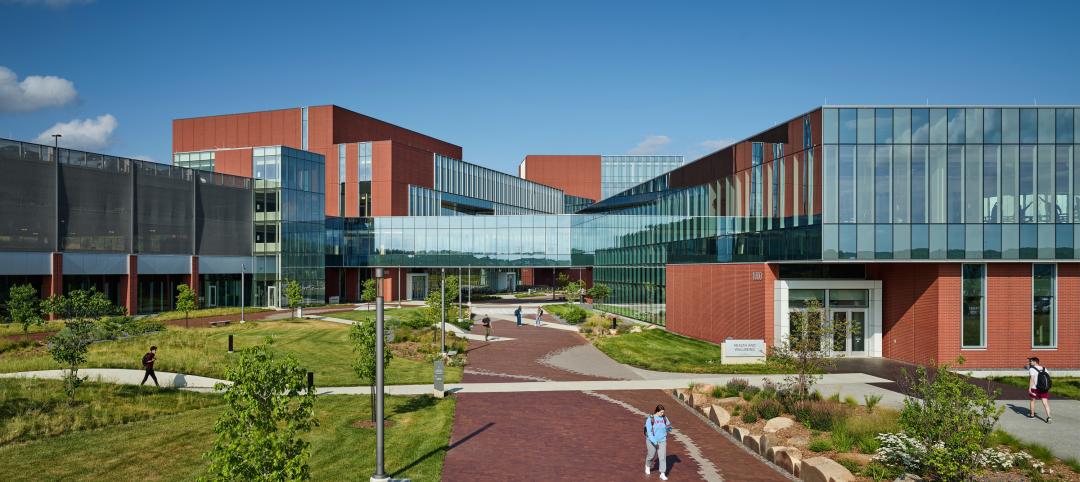About a year ago, Education Credit Management Corp. Group (ECMC Group), a nonprofit organization, finalized its acquisition of more than 50 Everest and WyoTech campuses from the now-defunct Corinthian Colleges chain. To execute that transaction, ECMC Group launched a subsidiary, Zenith Education Group, which provides career school training. This acquisition created the largest nonprofit career college system in America.
Upon closing this deal, Zenith began implementing key improvements in program quality, affordability, completion and job placement rates, and accountability and transparency.
Among Zenith’s initiatives was its Campaign for Innovation, sponsored jointly by ECMC Foundation and ECMC Innovation Lab, to encourage creative, actionable, and measurable ideas from campus employees about promoting student success. Greg Schuman, an electrician instructor at Zenith’s Tampa, Fla., campus, submitted an idea for Zenith to partner with the National Center of Construction Education and Research (NCCER) to be able to offer students NCCER certification upon their completion of electrician, HVAC, carpentry, or plumbing training.
Zenith’s 20-hour-per-week, nine-month program will give students much of what they need to know in order to be workforce day-one ready. And with the certification from the industry recognized NCCER, Schuman believes students who complete this program should be able to skip entirely the classroom part of any apprenticeship.
The Foundation liked Schuman's idea, and gave him a $36,095 grant to get his proposal off the ground. Next month, 15 of Zenith’s instructors will convene in Tampa to start learning to become NCCER-certified trainers.
Tampa is one of the nine Zenith campuses with building-trade programs that will offer this certification. The others are in Orange Park, Fla.; South Plainfield, N.J.; Chesapeake, Va.; Southfield, Mich.; and the Texas campuses at San Antonio, Arlington, Austin, and Houston.
In an interview with BD+C, Schuman explained that traditional apprentice trade programs typically involve both in-classroom and in-field training that can take several years to complete. “What we’re doing is frontloading the technical instruction part so the students will already have the classroom training” when they get hired.
Zenith’s 20-hour-per-week, nine-month program will give students much of what they need to know in order to be workforce day-one ready. And with the certification from the industry recognized NCCER, Schuman believes students who complete this program should be able to skip entirely the classroom part of any apprenticeship.
A knowledgeable, trained student is a valuable asset to construction firms at a time when their industry is flourishing and qualified workers are in shorter supply.
The Associated General Contractors of America (AGC) reported last week that the construction industry added 125,400 nonresidential jobs in 2015, a 3.2% increase over 2014.
“With the construction industry expanding at rates not seen since the downturn, public officials need to make sure we are encouraging and preparing students to consider high-paying careers in construction,” said Stephen E. Sandherr, the association’s CEO. “As our Outlook makes clear, the industry is likely to continue expanding this year, as long as there are enough workers available for firms to hire.”
A survey conducted by AGC and Sage Construction and Real Estate found that 71% of construction firms polled plan to expand their payrolls in 2016.
Schuman believes the certification program will give Zenith graduates a leg up at companies that hire them. Between 500 and 1,000 students will be involved in the program’s first year, and Schuman anticipates that several other Zenith campuses might begin offering building trade training if this program is successful.
Success will be measured primarily by placement rate, which now hovers around 60%. Zenith’s goal is 70%.
Related Stories
Sustainable Design and Construction | Oct 10, 2024
Northglenn, a Denver suburb, opens a net zero, all-electric city hall with a mass timber structure
Northglenn, Colo., a Denver suburb, has opened the new Northglenn City Hall—a net zero, fully electric building with a mass timber structure. The 32,600-sf, $33.7 million building houses 60 city staffers. Designed by Anderson Mason Dale Architects, Northglenn City Hall is set to become the first municipal building in Colorado, and one of the first in the country, to achieve the Core certification: a green building rating system overseen by the International Living Future Institute.
Contractors | Oct 10, 2024
How to get your construction team engaged and on board with new processes
Discover practical strategies to boost employee engagement and create a collaborative environment where your team feels valued and motivated to contribute to your company’s vision.
3D Printing | Oct 9, 2024
3D-printed construction milestones take shape in Tennessee and Texas
Two notable 3D-printed projects mark milestones in the new construction technique of “printing” structures with specialized concrete. In Athens, Tennessee, Walmart hired Alquist 3D to build a 20-foot-high store expansion, one of the largest freestanding 3D-printed commercial concrete structures in the U.S. In Marfa, Texas, the world’s first 3D-printed hotel is under construction at an existing hotel and campground site.
University Buildings | Oct 9, 2024
Des Moines University Medicine and Health Sciences opens a new 88-acre campus
Des Moines University Medicine and Health Sciences has opened a new campus spanning 88 acres, over three times larger than its previous location. Designed by RDG Planning & Design and built by Turner Construction, the $260 million campus features technology-rich, flexible educational spaces that promote innovative teaching methods, expand research activity, and enhance clinical services. The campus includes four buildings connected with elevated pathways and totaling 382,000 sf.
Student Housing | Oct 9, 2024
University of Maryland begins work on $148 million graduate student housing development
The University of Maryland, in partnership with Campus Apartments and Mosaic Development Partners, has broken ground on a $148.75 million graduate student housing project on the university’s flagship College Park campus. The project will add 741 beds in 465 fully furnished apartments.
AEC Tech Innovation | Oct 8, 2024
New ABC technology report examines how AI can enhance efficiency, innovation
The latest annual technology report from Associated Builders and Contractors delves into how artificial intelligence can enhance efficiency and innovation in the construction sector. The report includes a resource guide, a case study, insight papers, and an essay concerning applied uses for AI planning, development, and execution.
Healthcare Facilities | Oct 8, 2024
Herzog & de Meuron completes Switzerland’s largest children’s hospital
The new University Children’s Hospital Zurich features 114 rooftop patient rooms designed like wooden cottages with their own roofs. The project also includes a research and teaching facility.
Mixed-Use | Oct 7, 2024
New mixed-use tower by Studio Gang completes first phase of San Francisco waterfront redevelopment
Construction was recently completed on Verde, a new mixed-use tower along the San Francisco waterfront, marking the end of the first phase of the Mission Rock development. Verde is the fourth and final building of phase one of the 28-acre project that will be constructed in several phases guided by design principles developed by a design cohort led by Studio Gang.
Brick and Masonry | Oct 7, 2024
A journey through masonry reclad litigation
This blog post by Walter P Moore's Mallory Buckley, RRO, PE, BECxP + CxA+BE, and Bob Hancock, MBA, JD, of Munsch Hardt Kopf & Harr PC, explains the importance of documentation, correspondence between parties, and supporting the claims for a Plaintiff-party, while facilitating continuous use of the facility, on construction litigation projects.
University Buildings | Oct 4, 2024
Renovations are raising higher education campuses to modern standards
AEC higher ed Giants report working on a variety of building types, from performing arts centers and libraries to business schools. Hybrid learning is seemingly here to stay. And where possible, these projects address wellness and mental health concerns.

















